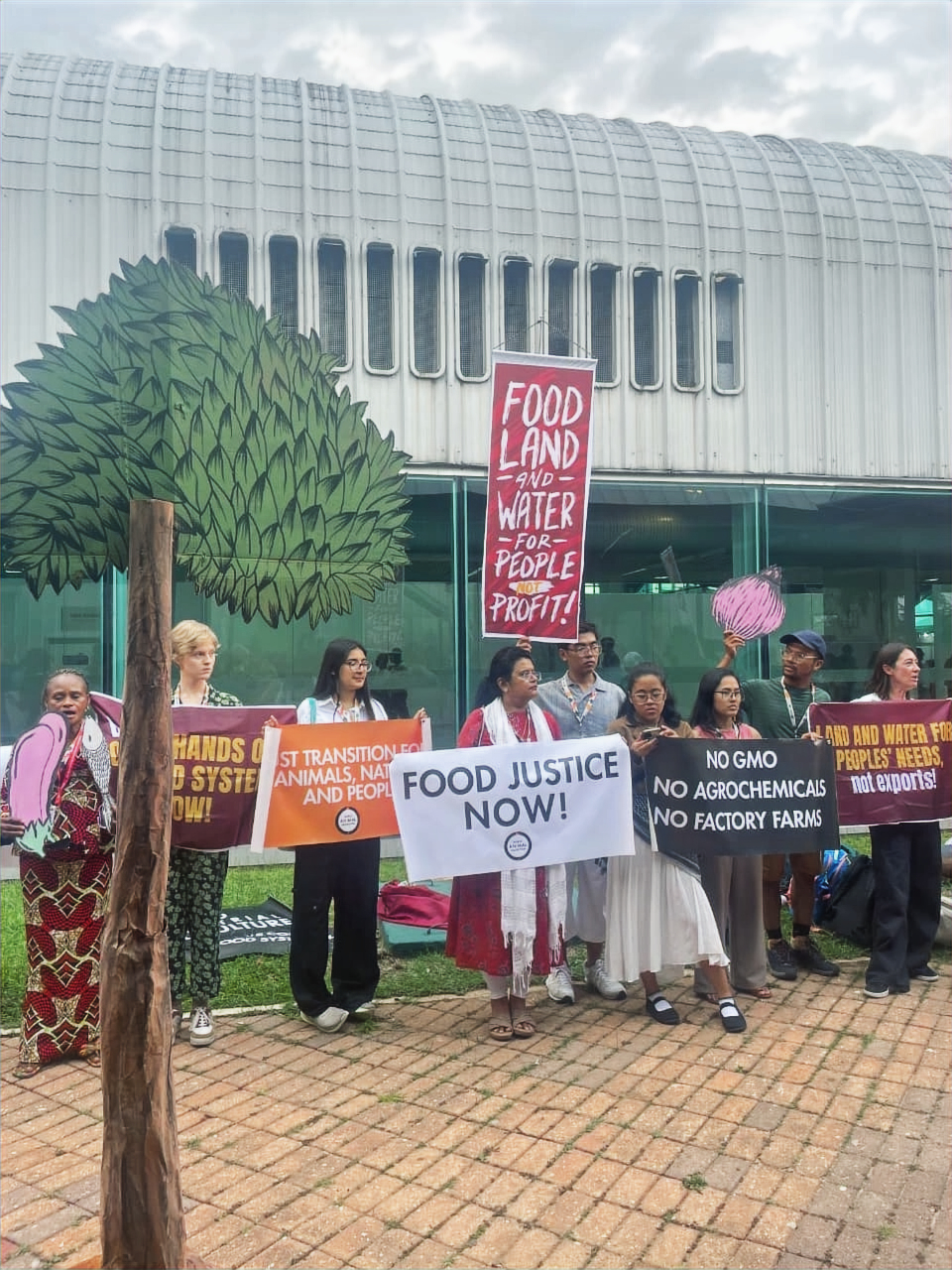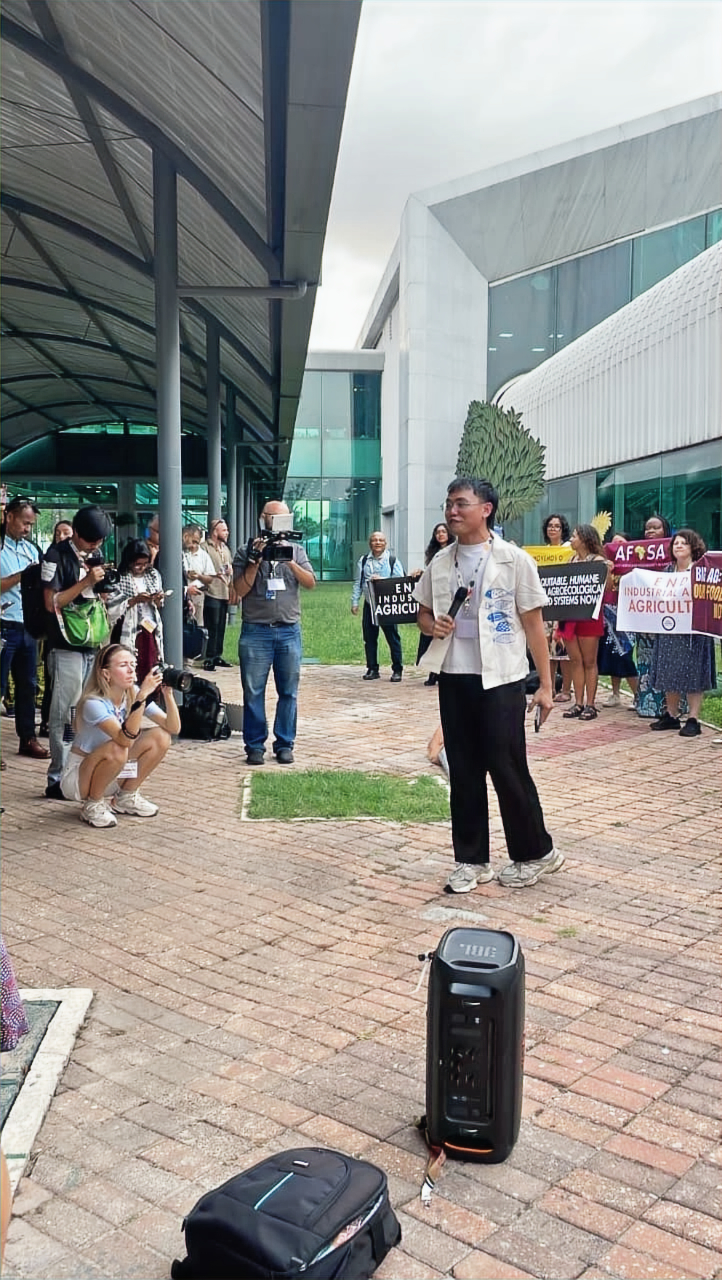Food Justice Activists at COP30 Warn of Corporate Takeover of Global Food Policy
- Nov 15, 2025
- 2 min read
Updated: Dec 17, 2025
By Moraa Nyangorora
Food justice activists at COP30 are opposed to the continued heavy financing of corporations at the expense of local solutions.
They are warning that corporate influence over global food and climate negotiations is worsening hunger and accelerating emissions, as tangible solutions remain ignored.
Campaigners in Belem, Brazil, at COP30 say the move derails climate justice and real action, while increasing resources to polluting industries.
Brazil is publicly funding powerful agribusiness giants with about $105 billion.
The support for industrial agriculture is seen to be in conflict with its climate leadership position as negotiated at COP27 in Egypt in 2022.
World leaders negotiated climate financing, loss and damage, adaptation, and global commitments to reduce emissions.
Because the large amount is available to big producers, it raises concerns about environmental impact (deforestation, monoculture) and social equity (smallholder farmers, land access.
Addressing the media at Belem, the activists said the increasing funding to corporates only serves to offer industrial agriculture more influence over climate policy while sidelining smallholder farmers and indigenous communities.
They condemned the creation of a COP30 Agri zone sponsored by Nestlé and Bayer.
Photo courtesy Bianka Csenki- Artivist Network
The activists expressed dissatisfaction over the delay in implementing the Sharm-el Sheikh Joint Work on Agriculture in the face of the 2026 deadline.
Negotiations on climate finance remain stalled, exposing communities, mainly in the global south, to rising food insecurity.
Food, land and water are human rights, instead of protecting these rights, governments are pandering to corporates".
Pang Delgra- Asian Peoples' Movement on Debt and Development
The activists are pushing for agro ecology, food sovereignty and just transitions as proven, scalable solutions capable of reducing emissions and restoring ecosystems if governments commit to funding and protecting them.
Their rallying call: "Food for People, Not For Profit."
The issues raised at COP30 affect millions of African farmers.
While funding flows overwhelmingly to industrial agriculture, foreign corporations and extractive supply chains, small-scale farmers in Kenya are proving that regenerative farming restores degraded soils, improves yields and strengthens resilience to climate impacts.
The resistance to corporate takeover will protect Africa too, in the face of a threat to land rights by industrial agriculture and monoculture, and underfunding of smallholder farmers who produce up to 70 per cent of the food produced.
The issue of GMOs, pesticides, and seed privatisation mirrors the global corporate influence that poses a threat to food security on the continent.
However, the activists are reminding the world that the real climate solutions are already feeding millions, rebuilding ecosystems and sustaining cultures.
They are urging governments to choose public good over corporate power.
The concern at COP30 is one to care about as it revolves around seed protection, soils, water and food sovereignty amidst growing global corporate control.
The Brazilian Government released R$516.2 billion(about USD 100billion) through its annual Harvest Plan(Plano Safra).
This is the country's main public financing program for agriculture.
The funds are targeted to large agri-business corporations, big producers who typically access state-backed credit for operations.
This includes sectors dominated by giants like JBS, the world's largest meat producer.
The funds are government-secured loans and subsidies for expanding production, financing equipment, marketing agricultural products, operational costs and partly for sustainable farming practices.
_150x.png)













Comments